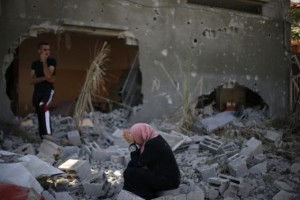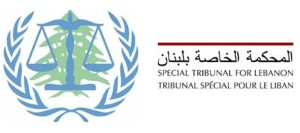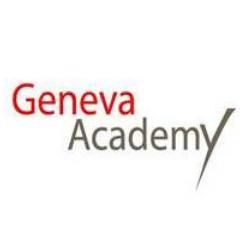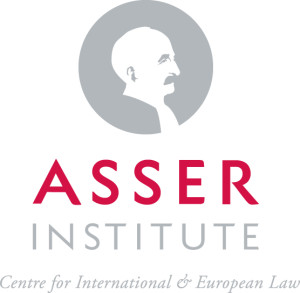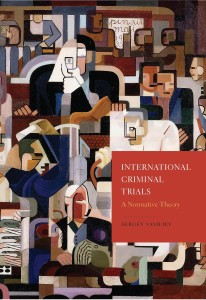by David Tolbert*
The world has plunged into a period of brutality, with impunity for the perpetrators of violence. Syria is suffering untold civilian casualties as a divided United Nations Security Council sits on the sidelines. Gaza was pummeled to dust yet again with the world watching on. Iraq is in flames, with no end in sight. Atrocities are mounting in South Sudan and the Central African Republic, which are also being swept by an epidemic of sexual violence. Even Europe is not immune: a civilian aircraft was shot down over a conflict zone in eastern Ukraine, and officials were prevented from investigating.
Twenty-five years after the fall of the Berlin Wall, and more than a decade after the establishment of the International Criminal Court (ICC), shockingly little is being done to stop these abuses, and the prospects of the victims ever getting justice, let alone bringing the perpetrators to account, seem ever more remote.
For many years, the world seemed to be progressing toward greater recognition of human rights and demands for justice. As democracies emerged in Latin America and Central and Eastern Europe in the 1980s and 1990s, these issues assumed increasing importance. Although wars, conflicts, and atrocities continued, the global powers tried, and occasionally managed albeit chaotically and usually late to stop the killing. Continue reading

